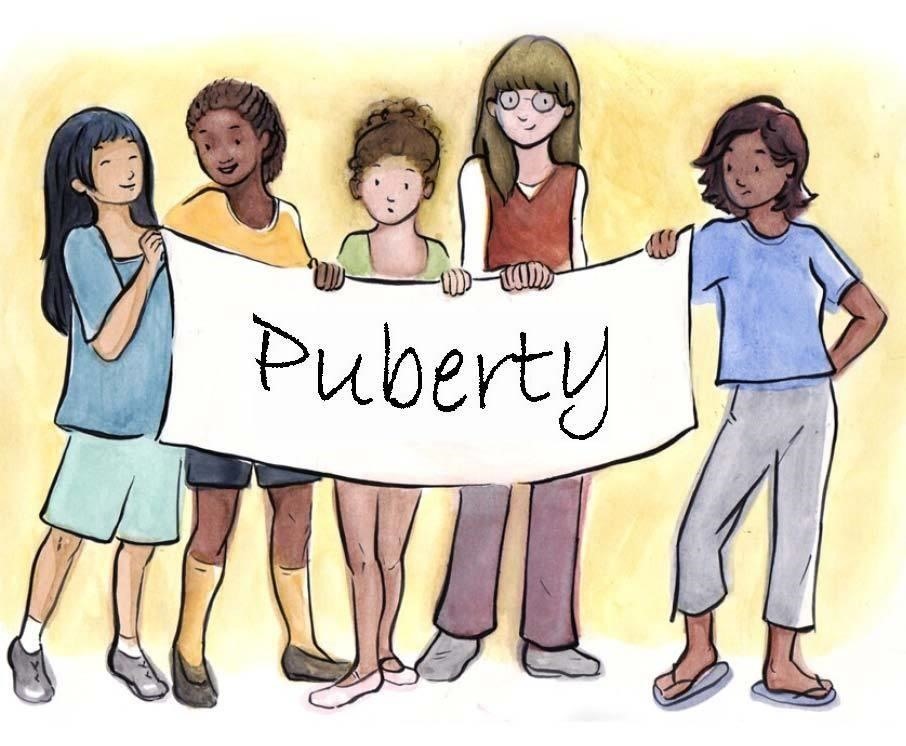– An article by Shivani Gadre
Puberty age refers to the age range when the body undergoes physical changes resulting in the emergence of secondary sexual characteristics and the capability to reproduce. The start of puberty can fluctuate depending on various factors, such as gender, genetics, nutrition, and environmental factors. It is essential to recognize that puberty is a gradual progression that can span multiple years to conclude. However, presently, there are numerous instances where children are experiencing early puberty, which is affecting several aspects of a child’s growth. This is because during the age of play and exploration, the child is facing physical and emotional obstacles due to puberty. Early puberty can come with various disadvantages, including:
- Emotional and social challenges: Children who go through puberty early may struggle with social and emotional challenges, such as feeling out of place with their peers, difficulty making friends, or experiencing bullying or teasing.
- Physical challenges: Early puberty can also result in physical challenges, such as rapid growth spurts, which may cause temporary awkwardness and a lack of coordination.
- Increased risk of mental health problems: Early puberty has been linked to a higher risk of depression, anxiety, and other mental health issues, especially for girls.
- Health complications: Girls who go through early puberty have an increased risk of developing breast cancer, ovarian cancer, and other reproductive health problems later in life.
- Lower academic performance: Studies have shown that early puberty may negatively impact academic performance, including lower grades and decreased academic motivation.
- Risky behaviors: Children who go through puberty early may engage in risky behaviors, such as smoking, drinking, and being physically active at an earlier age.
- Shorter adult height: Early puberty can lead to earlier growth plate closure, resulting in a shorter adult height.
Overall, early puberty can have a significant impact on a child’s physical, emotional, and social well-being, as well as their future health and academic success. Studies show that puberty is commencing earlier in both boys and girls, with research revealing that the start of puberty is transpiring at younger ages compared to past decades. Various factors may be responsible for this trend, including:
- Improved nutrition: Access to improved nutrition and a diverse range of foods may be contributing to earlier puberty in certain populations. Increased body weight and fat levels, which are frequently linked to a better diet, can stimulate the onset of puberty.
- Obesity: Childhood obesity is associated with earlier puberty in both boys and girls. The hormonal alterations resulting from obesity, such as elevated insulin, leptin, and sex hormone levels, may contribute to this outcome.
- Chemical exposure: Exposure to chemicals such as phthalates, BPA, and pesticides has been associated with early puberty onset in both boys and girls. These chemicals can interfere with the endocrine system and disturb the regular hormonal equilibrium.
- Stress: Persistent stress can also contribute to early puberty. Heightened levels of stress hormones can disturb the regular hormonal equilibrium, resulting in earlier onset of puberty.
Although puberty might commence earlier in certain populations, it is not necessarily a worrisome issue. Nevertheless, early onset of puberty can be linked with particular health hazards, such as an amplified likelihood of obesity, type 2 diabetes, and specific types of cancer. If you are apprehensive about your child’s growth or have queries regarding puberty, it is crucial to consult a healthcare provider.
















